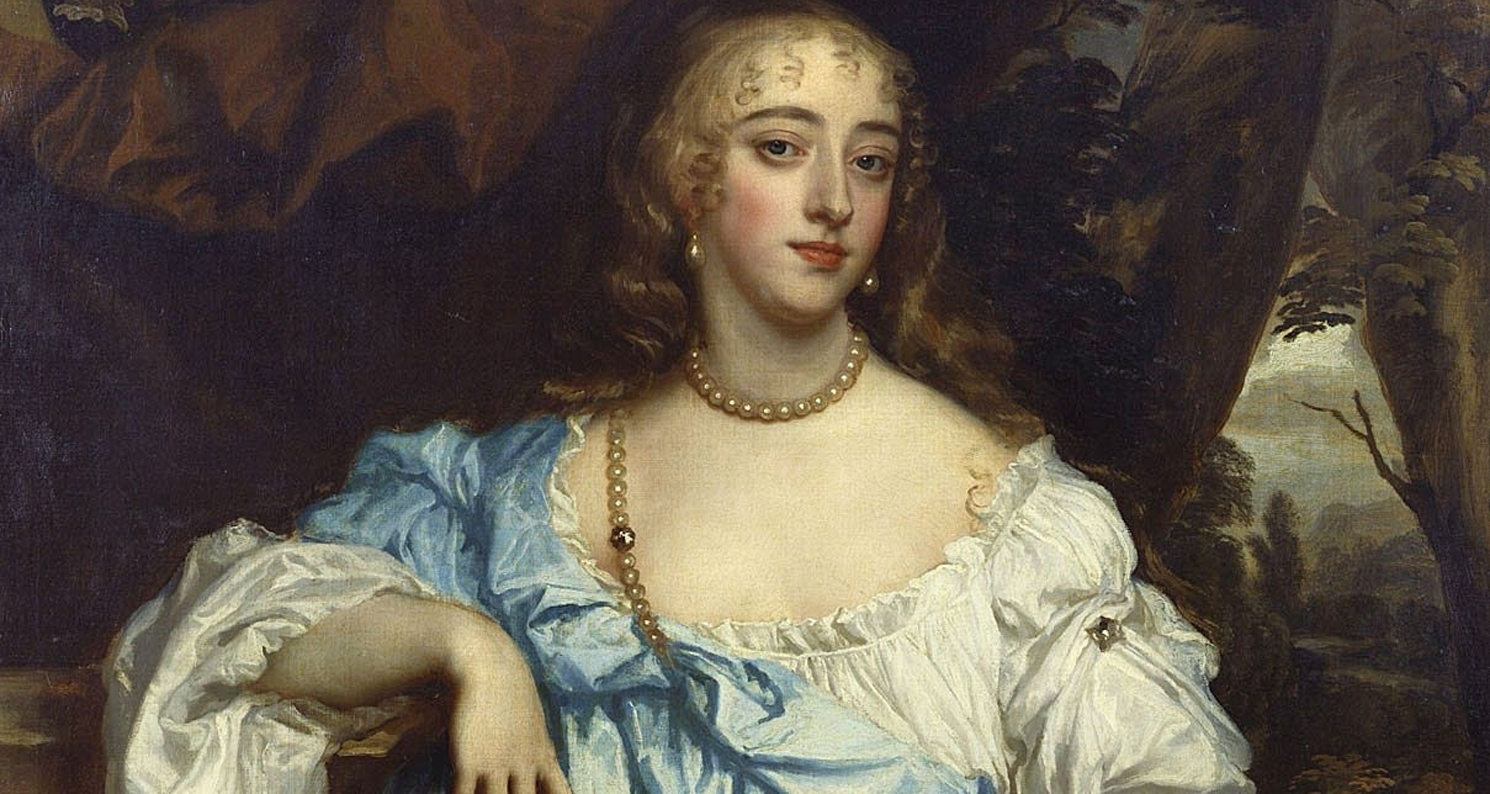
Mary Bagot, Countess of Falmouth and Dorset, by Peter Lely, c. 1664–65. Royal Collection.
• Raymond Carver’s family album. (Electric Literature)
• Revisiting the Kamasutra: “In her close analysis of the text, Doniger dwells with especial keenness on gender politics, investigating the ‘misogynist traditions of Hindu dharma’ and suggesting that, while not devoid of fault, the Kamasutra offers a valuable ‘counterforce to the prevalent culture of sexual violence’. Not only this, but Vatsyayana argues for sex for itself (not simply as a means to procreation), brilliantly describes some of the earliest examples of female passive aggression, and allows that women may actually orgasm—hundreds of years before the West ever considered this outlandish notion.” (The Spectator)
• Why do poets refuse to mark their own birthdays? “Poets have marked some births and birthdays for more than two millennia, paying homage, or showing affection, to the kids and adults involved. When poets approach their own birthdays, though, they’re less happy—and the line of poems doesn’t go back as far. Poems about other people’s days are sociable or even extroverted, but poets who look back at their own days and years stay melancholy, at best—not just because they are aging (as are we all) but also because they are contemplating their own lives in poems that fit (as poems about other people’s birthdays generally do not fit) the strictest Romantic definitions of lyric poetry: they speak from the self, to the self, and they speak alone.” (Poetry Foundation)
• After World War II Americans fled decaying cities for shining suburbs and promptly came down with a host of illnesses real and imagined. (Curbed)
• The most attractive women of seventeenth-century England: “Beauty meant being noticed by Charles II, which could lead to mistress status and its associated party invitations, financial security, and a free apartment conveniently located near the king’s bed chamber. If a mistress gave birth to one of Charles II’s children, the king was inclined to recognize the child as a noble, which boosted the social status of the woman. Charles II also bestowed duchess titles on his favored mistresses as a reward for bearing his children and being general good sports about the whole arrangement.” (Atlas Obscura)
• An argument in favor of continuing to read the (white, male, heterosexual) canon. (Slate)